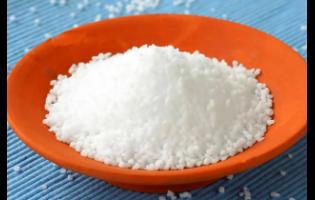Check-Up: Fighting the flu
Dear Readers,
Geraldine writes Check Up from a Stony Hill address, where her entire family has been fighting the flu for the last month. She asks Check Up why the cold weather seems to bring colds and flu and respiratory illnesses. Why does this happen if our immunity to disease is lessened by cold weather?
Well, research has shown that despite what we seem to think generally as a population, cold weather itself does not cause sickness, but changes which may occur in the colder environment may be associated with a greater incidence of cold and flu viral infections. Exposing your skin to colder temperatures may be a risk factor for contracting the flu, although there is no direct link. But the following factors do occur when it’s cold:
A sudden fall in the temperature is also associated with decreased humidity. When the humidity is low, your eyes, nose, mucous membranes and lungs tend to become dry, and this makes people more susceptible to bacteria and viruses invading their system. This is why more viral illnesses tend to occur after a drop in the temperature than after a rise in the temperature.
SOCIAL FACTOR
The cold weather also inhibits the nasal hairs and any mucous present from keeping infective germs from entering into our airways and blood supply.
A social factor also occurs in that, when it’s cold and rainy, more people tend to congregate closely in closed, indoor spaces; and when people are locked up together, viruses spread very easily from person to person.
Germs make us sick, of which the viruses contribute the vast amount to flu and upper respiratory illnesses. The cold weather doesn’t make you sick. You have to also come in contact with the flu viruses to contract the flu. The cold weather does contribute to certain conditions which facilitate the development of the flu:
Many viruses replicate and multiply better in colder weather. The influenza virus is most stable when the weather is cool and dry. The structure of the influenza virus allows it to multiply best when the air is dry and cool. Therefore, it is not the cold weather itself that allows us to become sick but all the above factors acting in accordance.
To avoid contracting viral colds and flu, most importantly, remember to wash your hands often to keep them free from all the germs found on desks, counters, shelves, door knobs, etc. Enjoy a healthy lifestyle to prevent disease. Exercise, eat properly grains – vegetables lean meat and fresh fruits. Sleep well and sleep peacefully. Avoid physical and emotional stress. Take vitamin C and B12 supplements. A healthy lifestyle is well known to reduce the risk of developing colds and viral infections.
Write Check Up: PO Box 1731: Kgn 8. Email: arnaj56@gmail.com.







































